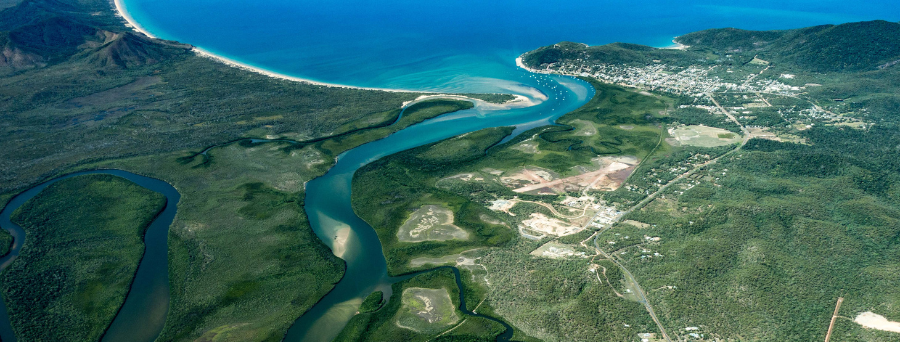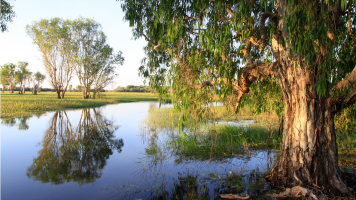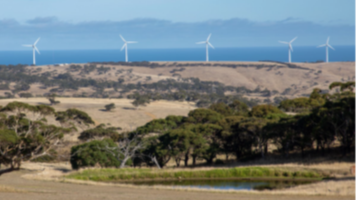
Creating better futures together
What's most important to us is understanding what a better future means to our customers and helping them get there.
Our 2030 Sustainability Strategy is centred around six objectives
We believe that as one of Australia’s largest companies, we have a role to play in helping to create a positive social, economic and environmental impact. Our Sustainability Strategy is aligned to our Group Strategy and Purpose, and centres upon six objectives we will be seeking to achieve.
Underpinning these are:
- Focus areas: where we aim to continue to improve
- Areas for advocacy: where we aspire to influence and lead positive change.
The end point for our Sustainability Strategy is 2030, aligned with the timeline for the UN Sustainable Development Goals and our net-zero interim sector targets. This also reflects the longer-term nature of what we are seeking to achieve. We aim to report against our 2030 Sustainability Strategy from FY24.
Focus Areas
- Safe, flexible and inclusive products and services
- Support customers experiencing vulnerability, hardship and disaster
- Education to build financial resilience
For more information, refer to our resources below:
- Access and Inclusion
- Social Sector Banking
- Customers in need of extra care
- Principles for Responsible Lending (PDF 41KB)
- Family or Domestic Violence Position Statement (PDF 470KB)
- The Financial Education Hub - Master Your Money
Areas for Advocacy
- Removing barriers for women/families
- Home ownership





Our Sustainability Strategy, metrics and goals
Driving action
To guide action towards our strategy we have robust governance frameworks and a series of positions, policies and action plans. We are committed to regular, transparent reporting to enable stakeholders to compare our relative performance over time.
See our Westpac New Zealand website to learn about how we’re helping our customers and communities in New Zealand.
Things you should know
- Grants and Scholarships for community and social enterprises are provided by the Westpac Foundation and Westpac Scholars Trust.
Westpac Foundation is administered by Westpac Community Limited (ABN 34 086 862 795) as trustee for Westpac Community Trust (ABN 53 265 036 982). Westpac Community Trust is a Public Ancillary Fund, endorsed by the ATO as a Deductible Gift Recipient. None of Westpac Foundation, Westpac Community Limited nor the Westpac Community Trust are part of Westpac Group. Westpac provides administrative support, skilled volunteering, donations and funding for operational costs of Westpac Foundation.
Westpac Scholars Trust (ABN 35 600 251 071) is administered by Westpac Scholars Limited (ABN 72 168 847 041) as trustee for the Westpac Scholars Trust. Westpac Scholars Trust is a private charitable trust and neither the Trust nor the Trustee are part of the Westpac Group. Westpac provides administrative support, skilled volunteering, and funding for operational costs of Westpac Scholars Trust.
The content of this page has not been approved by the United Nations and does not reflect the views of the United Nations or its officials or Member States. Refer to the UN Sustainable Development Goals for more information.



















